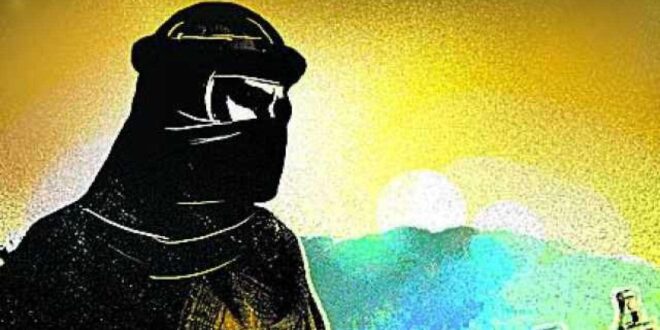The alarm bells of terrorism in the country, particularly in K-P and Balochistan, are getting louder.
Mere statistics — 245 terrorist attacks in the first quarter of 2024 — are not the real portrayal of the undercurrents of the terrorism. They have to be understood in totality, by analysing the dynamics of the problem.
The monster of militancy has not grown overnight. Blaming the US-led war on terror, launched in the wake of 9/11, for the rise of terrorism in ex-Fata is like oversimplifying a problem that has local, national and international dimensions. Most of the events of today are rooted in history.
Today, K-P is also suffering from the backlash of our Afghan policy from 1979 onwards. Bombs targeting public places were a common occurrence, widely considered as a reaction to our Afghan policy. The province remained subjected to sabotage acts till the fall of Dr Najeebullah government in 1996. With the emergence of Taliban though, the situation changed and the area observed relevant peace. But, elements within Afghanistan were active elsewhere.
Our Afghan policy set in motion new actors imbued with the ideology of jihad. These non-state actors pursued jihad and in the process attracted nationals of all hues to their ranks with an aim to push back the erstwhile Soviet Union and bring down the communist regime in Afghanistan. On course, their ideological bond cemented further.
The installation of Islamic Emirate in Afghanistan resulted in a jihadist culture and militarisation of a segment of the Afghan society, which changed their philosophy and mindset.
Come 9/11 and the world suddenly woke up to the reality of global jihadism. Thus, the US and NATO intervened in Afghanistan in 2001 to deal with the lethal combination of Al-Qaeda, Afghan Taliban and other groups within Pakistan and around. The US and allies withdrew in 2021, having largely incapacitated their adversaries.
With the singing of Doha Agreement, many in Pakistan expected a new era of peace to usher in. But all such hopes were dashed, with TTP and other groups like IS-K, now operating from Afghanistan, started targeting Pakistan. Reports say these outfits are gaining strength in Afghanistan and to some extent in Pakistan. The US Institute of Peace has, for instance, warned that Afghanistan “presents growing space for terrorist groups compared to the period before the U.S. withdrawal”. The think tank observes that ISIS-K posed “a rising threat with reach beyond the immediate region, greater than during the pre-withdrawal period,” and the TTP “has also returned as a regional security threat” and that Al-Qaeda and its South Asia affiliate “continue to maintain ties with and receive support” from Afghanistan’s Taliban rulers.
Expressing concern, State’s Department Deputy Spokesperson Vedant Patel has warned the Taliban to prevent Afghanistan from becoming a safe haven for terrorists. He also reminded the Taliban regime of its obligation by stating that the US withdrawal from Afghanistan — coming in line with the February 2020 Doha Agreement — was contingent upon several guarantees from the Taliban, one of which was that the Taliban would not allow any group or individual to use Afghan soil to threaten the security of the US and its allies.
Similar concerns reverberated at the recent SCO meeting where the Taliban rulers were told that the presence of international terrorist groups, based in Afghanistan, poses a serious threat to SCO member states.
Also, the US and Pakistan, during a recent interaction on counterterrorism, agreed to intensify their collaboration against terrorist organisations, including TTP and IS-K. Their joint communique focused on tackling “the most pressing challenges to regional and global security”.
All reports are indicative of attempts on the part of terrorists to again turn the region — particularly Afghanistan and Pakistan — into a theatre of war. Thus, the situation demands greater engagement between Afghanistan and Pakistan. Also, the Taliban rulers need to ensure compliance with the terms of Doha Agreement on countering terrorism.
 Eurasia Press & News
Eurasia Press & News




